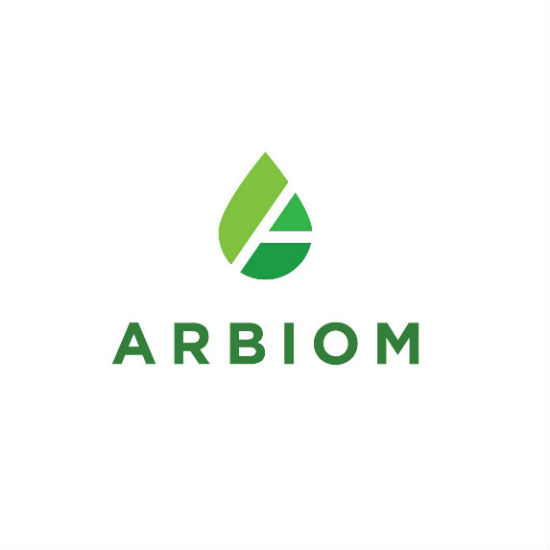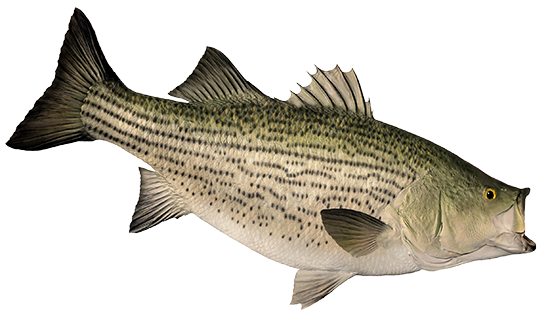
Arbiom Turns Wood Waste into Feed Protein

Durham-based Arbiom is challenging the world of animal feed by utilizing wood waste as a source of protein.
By reshuffling and creating proteins, scientists at Arbiom say they will use a renewable wood-waste product called SylPro to produce 30 kilotons of feed. Global animal feed production exceeded 1.1 billion tons in 2018.
SylPro is a yeast single-cell protein that is produced using wood-derived media in fermentation and final downstream processing. The company is developing the product as a viable replacement for fish meal or plant protein concentrates, to solve the challenges of protein sourcing and gastrointestinal health for aquaculture and livestock producers and even for companion animals.

An initial trial concluded recently that Arbiom’s protein ingredient behaves as well as, or better than, conventional protein ingredients in extruded feeds. The results were presented at the 2019 World Aquaculture Society conference in New Orleans, Louisiana.
In a second study, the nutritional performance of SylPro was evaluated in hybrid striped bass. Feeds were formulated with Arbiom’s high-protein ingredient at various inclusion rates. Growth (body weight), body composition, nutrient digestibility and general gastrointestinal health were evaluated over the course of a 60-day period.
The study results showed no differences in mortality or feed intake across all diets. There was no statistical difference in body weight gain or feed intake up to the 20 percent inclusion level of Arbiom’s protein compared to the control diet. Further, SylPro showed an exceptional crude protein digestibility of 97%. These findings indicate that SylPro can be used to replace fish meal or plant-based proteins in hybrid striped bass diets and deliver equivalent nutritional performance as conventional protein sources up to 20 percent inclusion level.

Another study involving eight adult Labrador retrievers showed that SylPro can be a high-quality alternative protein ingredient for healthy dog nutrition, in place of the conventional chicken meal typically used in manufacturing dog food. A previous study also showed that SylPro works well as a binder in the pet food, reducing the need for soy or wheat as binding agents.
Ricardo Ekmay, Ph.D., is the vice president of nutrition for Arbiom. He has seen the SylPro process transform and grow. What began as contract work transitioned into a thriving organization through the work of Arbiom’s 30 scientists, engineers, and advisors in Durham, in Norton, Virginia, and in Paris.

By 2022, Ekmay hopes Arbiom will be able to offer SylPro commercially. There is a continuously growing need for animal feed and large amounts of protein that Arbiom plans to fulfill.
Several agricultural partners are investing in Arbiom and SylPro due to its unique background and ecological footprint.
“We are very cognizant of our ecological footprint,” Ekmay said. “It is the main driver of the success of this technology. We want to have more of an ecologically friendly approach.”
Lower water and land requirements are the main contributors to staying environmentally friendly. Currently, Arbiom is in the process of conducting a life cycle assessment. After the assessment is complete, Ekmay expects Arbiom will have a claim to a lower carbon footprint as well. As a result of transforming wood waste and reducing production waste, Arbiom has garnered a positive reaction and is on track to meet the needs of feed industries.
Scientists at Arbiom are currently working to demonstrate SylPro to potential customers. By demonstrating the product, those involved with the production of SylPro hope to answer all engineering questions and show the technology to a widespread audience. According to Ekmay, the biggest challenge they are facing is figuring out how to upscale the process and technology.

“We want to make sure it is fully operational on a commercial scale,” Ekmay said.
He hopes to increase the number of production plants and soon see the technology approved in the laboratory. Along with the production of SylPro, Arbiom has several comprehensive research plans.
“Several other animal products are about to be completed,” Ekmay said. “I’m excited about what the future holds for the company.”
The North Carolina Biotechnology Center helped Arbiom establish its Durham facilities, providing space in the Center's Landing Pad rental offices for a year as the company became established in 2015.
“We believe SylPro will make a valuable contribution to addressing the challenges faced by aquaculture producers and feed formulators,” said Marc Chevrel, Arbiom CEO. “The results from recent and future trials will continue to demonstrate science-backed performance of SylPro and accelerate our efforts to bring this superior protein source to the market.”
